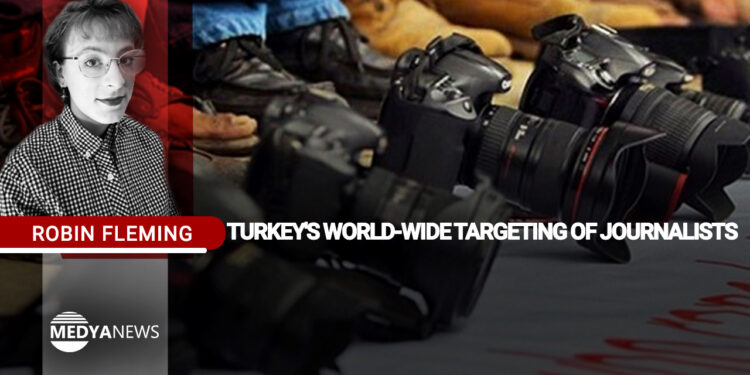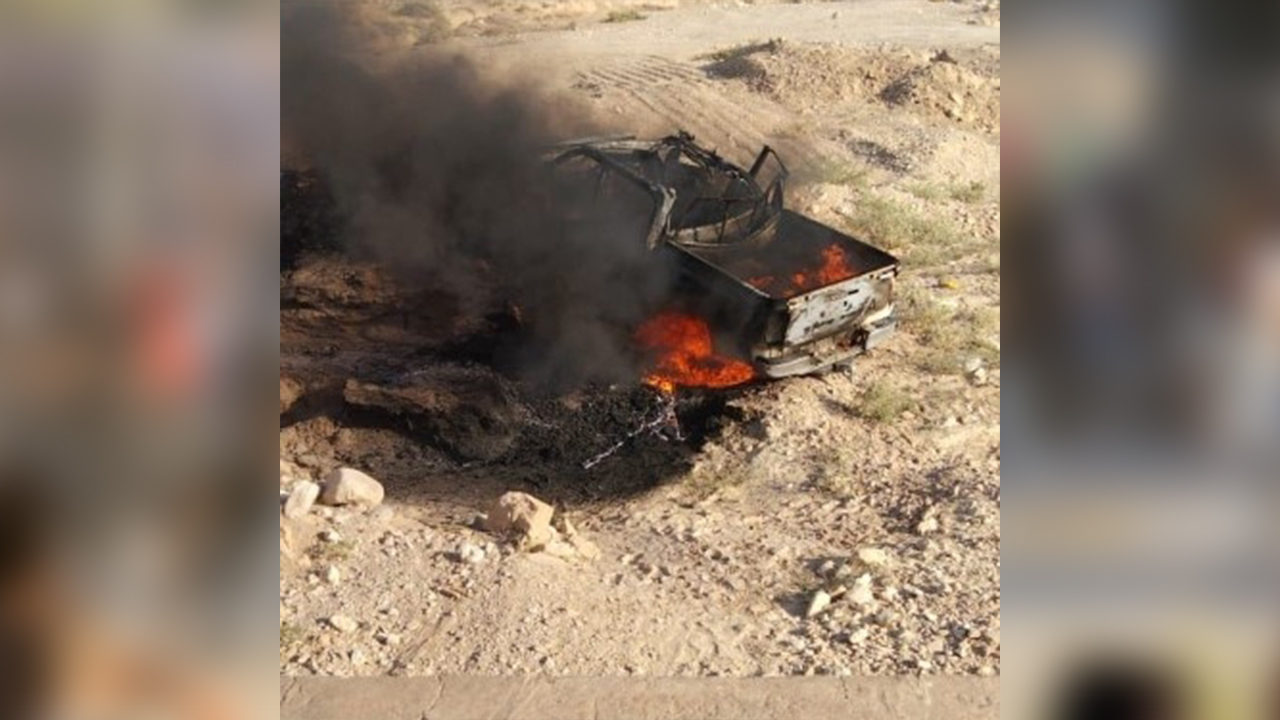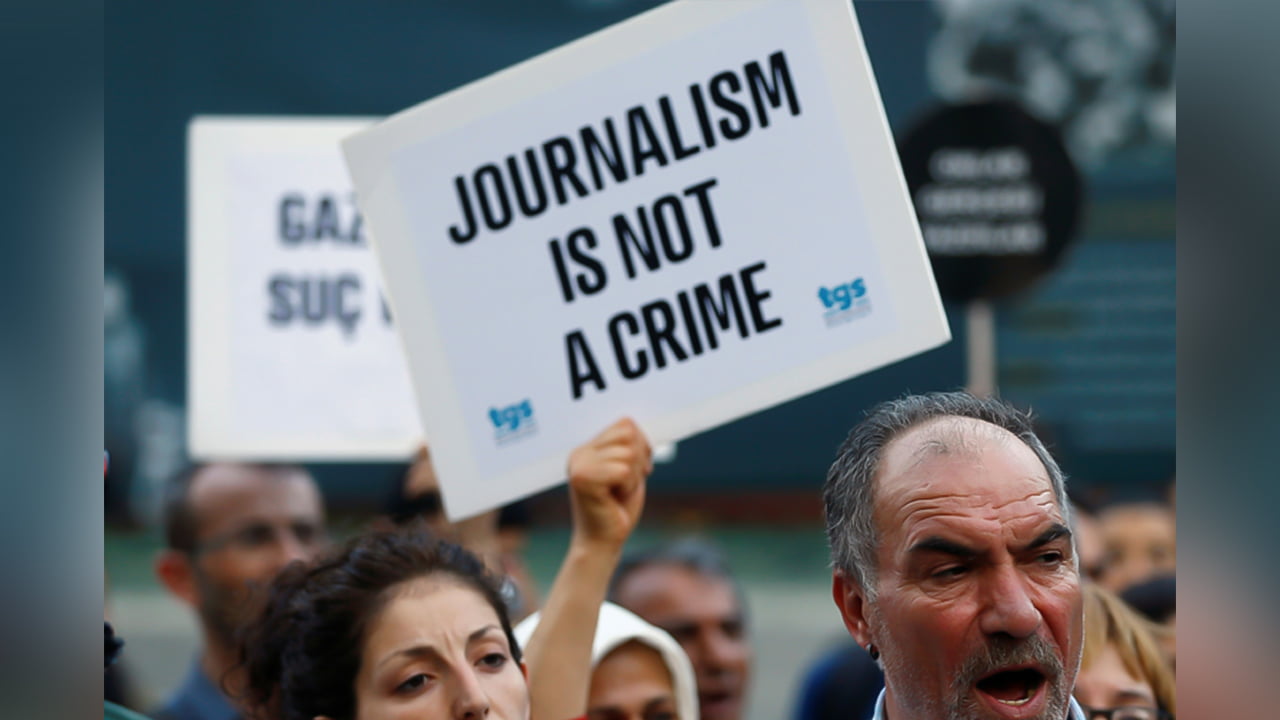In terms of press freedom, RSF rank Turkey 149th out of over 180 countries. By some accounts, a third of all journalists jailed globally are in Turkey, many of them Kurds. Such maltreatment is to be expected from the Turkish authorities. But Western states must do much more in defending fundamental journalistic rights, rather than cravenly stepping aside in the face of Erdogan’s brazen assaults on free expression and legitimate journalist activity.

The Committee to Protect Journalists (CPJ) and Reporters Without Borders (RSF) have both spoken out in recent weeks, advocating for action over the maltreatment of journalists working in Kurdistan or covering Turkey’s war on the Kurds. Turkey’s persecution, harassment and targeting of the press is not confined to its own borders, but spreads throughout the Middle East – and even into Europe.
Following a deadly airstrike which hit a car belonging to the all-female news channel JIN TV, killing the male chauffeur and injuring female reporters, the CPJ stated: “Turkish authorities should swiftly launch an investigation into this attack, determine who was responsible and if the reporting team was targeted, and hold the perpetrators to account.” JIN TV do remarkable work in enabling young Kurdish women to tell their own stories, cover stories relevant to their lives, and speak truth to the patriarchal power represented by Erdogan’s authoritarian regime in Turkey. By rights, their work should be celebrated throughout the globe as an example of women’s media autonomy.

But instead, their workers must fear for their lives. And meanwhile, there seems little hope that Turkey – which has repeatedly launched deadly airstrikes killing media workers in Rojava (Syrian Kurdistan) – will listen to the CPJ’s appeal for an investigation. After all, Turkey’s deadly drone war has been allowed to continue unabated even after coming close to hitting US military personnel working directly with the Syrian Kurdish authorities.
It’s this same culture of impunity which means Turkey is emboldened to warp US, international and European policy in the pursuit of its endless war against the Kurds. Last month, British journalist and Medya News contributor Matt Broomfield was detained and interrogated by the UK police, on the basis of his own reporting from Rojava. The RSF joined the UK’s National Union of Journalists in demanding an explanation from the British authorities, and the immediate return of Broomfield’s impounded possessions.
Again, such an explanation is not likely to be forthcoming. For the British authorities would have to admit to an open secret – that they are willing to target their country’s Kurdish community, journalists, and those with only tangenital links to the Kurdish political cause, all at Erdogan’s say-so.

Nor are these issues limited to the UK. In the USA, Kurdish journalists critical of the Turkish authorities appear on the No-Fly List which was leaked online earlier this year, once again attesting to the extent of Turkish influence on security policy across the pond. Throughout Europe, exiled Kurdish journalists live in fear of deportation to Turkey by governments equally complicit in Turkey’s assaults on the free press. Female Kurdish journalist Perihan Kaya, for example, faces the immediate threat of deportation back into Turkey’s brutal prison system.
In terms of press freedom, RSF rank Turkey at the 149th place out of over 180 countries. By some accounts, a third of all journalists jailed globally are in Turkey, many of them Kurds. Such maltreatment is to be expected from the Turkish authorities. But Western states must do much more in defending fundamental journalistic rights, rather than cravenly stepping aside in the face of Erdogan’s brazen assaults on free expression and legitimate journalist activity.








Leave A Comment